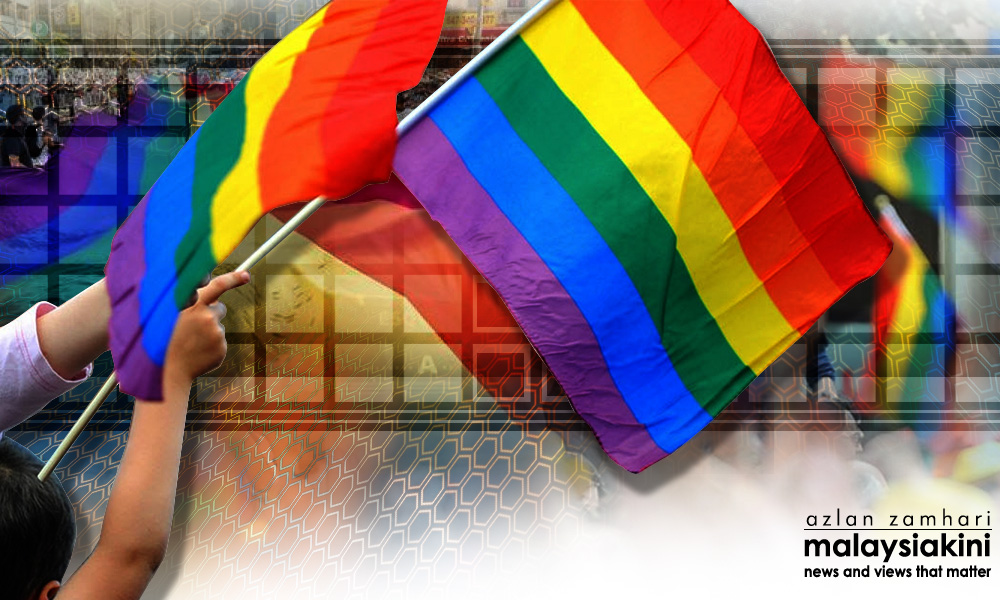Jubilation broke out among India’s sexual minorities on Thursday as the country’s top court decriminalised gay sex, but campaigners cautioned that much more needs to be done before achieving acceptance and equality.
Gay sex is considered taboo by many in the socially conservative country and was reinstated as a criminal offence in 2013 after four years of decriminalisation.
Five years on, a panel of judges has unanimously struck down the law and guaranteed the right to equality, sparking celebrations among India’s lesbian, gay, bisexual and transgender (LGBT) people.
The LGBT community welcomed the move, but activists also urged Indians to be more progressive and inclusive, allowing sexual minorities to have better access to job opportunities and services like healthcare, education and housing.
“This is a game changer. This is going to be a new beginning for everything else,” said Suresh Ramdas, a gay man and head of the LGBT support group in India for Hewlett-Packard, the world’s largest personal computer maker.
Ramdas said the next “hurdle” was to change attitudes towards LGBT people.
“The law has been taken down, but to have that translate at the ground level - making a change in the minds and opinions of people - that will take time,” he said.
Although the law banning all forms of non-penile vaginal sex was rarely enforced in India, it was used to intimidate, harass, blackmail and extort money from gay people, activists say.
Humsafar Trust, a charity that works with India’s LGBT community and a petitioner in the case, said it was “time to gear up for our fight towards further rights”, including legal recognition, adoption, marriage and employment.

Maya Urmi Aher, a transgender woman and rights activist, said the verdict was a “significant first step but we still have a long way to go”.
“The ball is in the government’s court now to ensure total equality, with the right (legal) amendments and policies,” she said.
There is no official data on the LGBT population in India, but the government estimates there are 2.5 million gay people, reflecting those who have declared their sexuality to the health ministry.
Campaigners say real numbers are far higher, as many conceal their identities for fear of discrimination in a country where homosexuality, as well as premarital sex, are largely frowned upon.
“Now I won’t have to feel threatened any more, that my neighbour can go set the cops on me because they saw me and my partner kiss inside our own house,” said Noor Enayat, a lesbian activist for LGBT rights.
“Plus this will help more people to come out. It is not very nice to live inside the closet, it is very claustrophobic.”
Ramdas and Enayat said they hoped the court’s decision would encourage more LGBT people to openly declare their sexuality, triggering discussions that would help end the stigma.
“This opens up avenues for more conversations, more productive debate and hopefully, lead to positive change,” Ramdas said.
"This is a start." - Reuters

